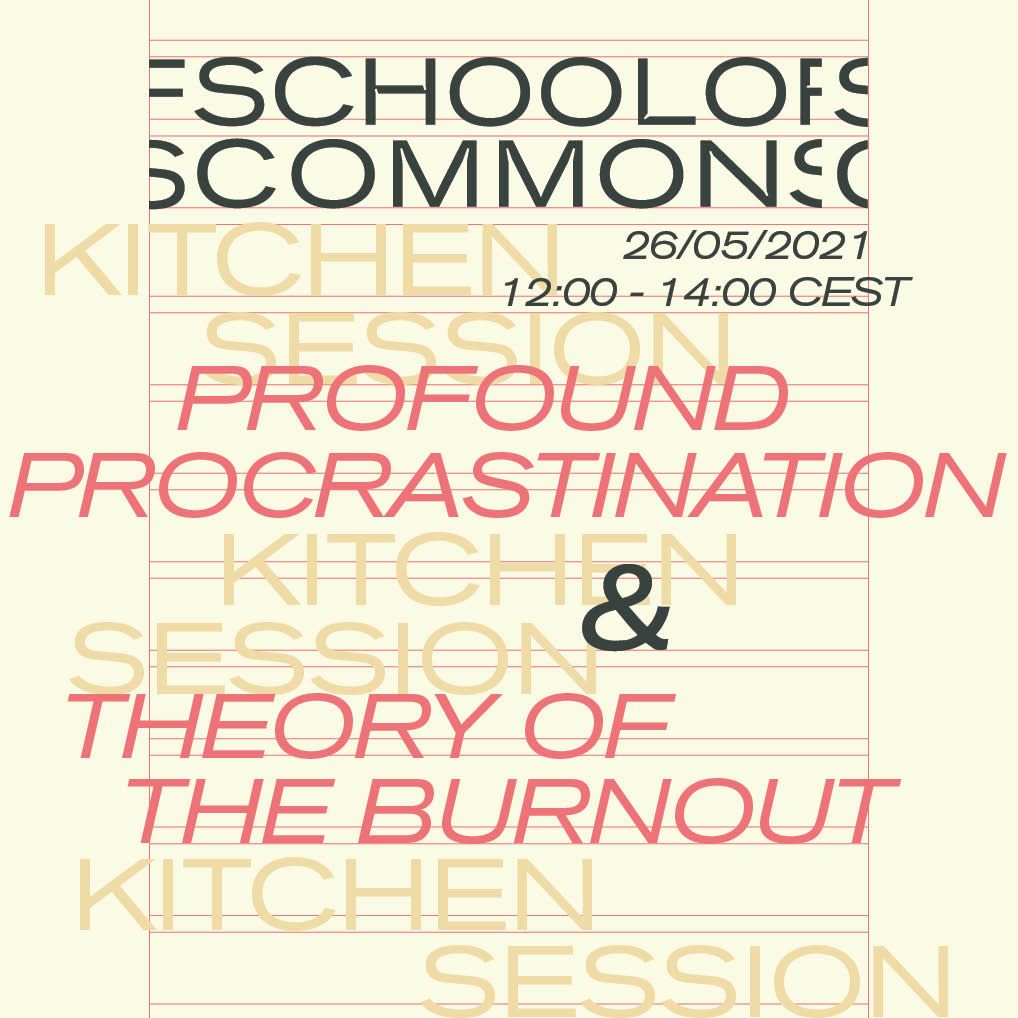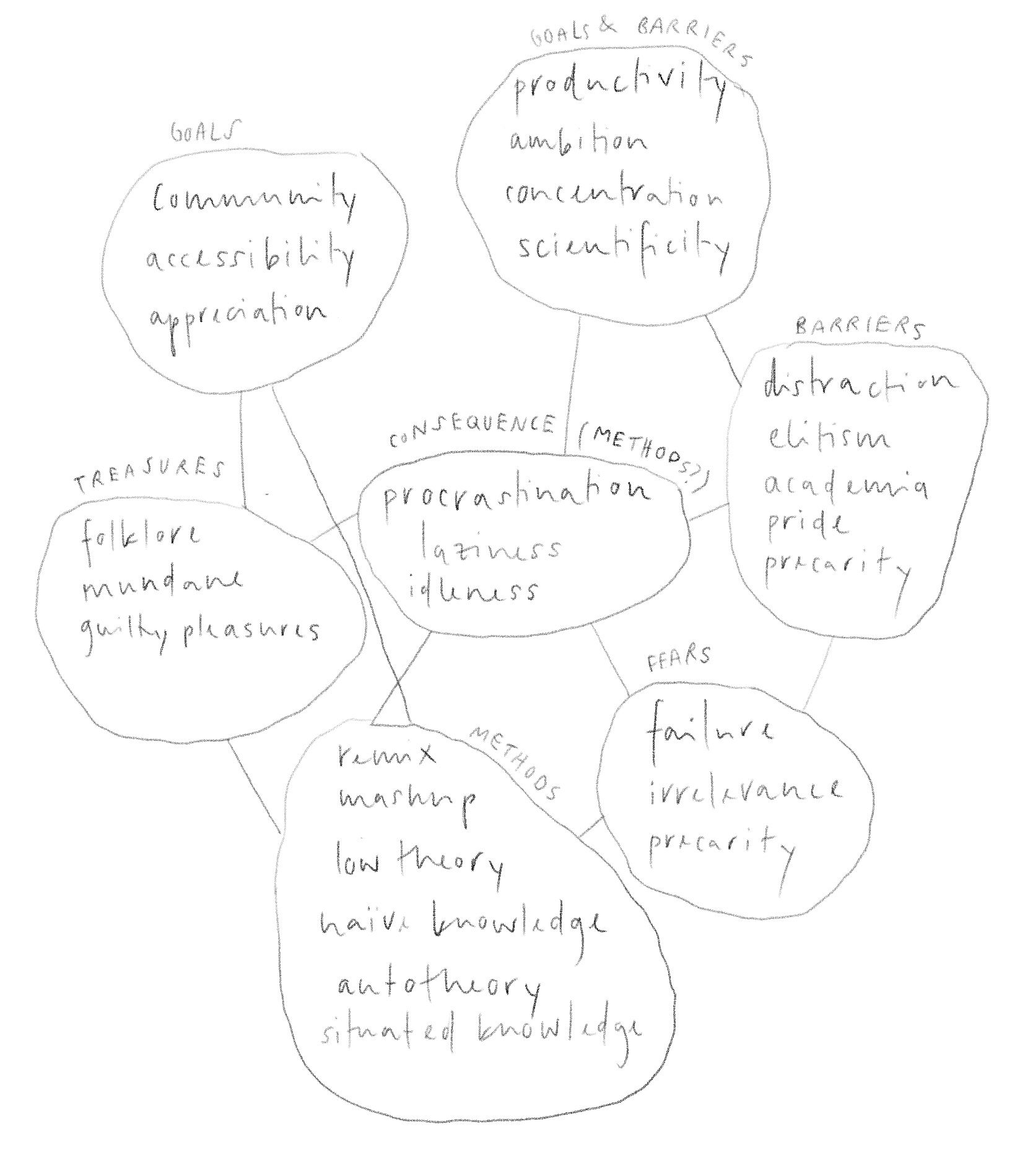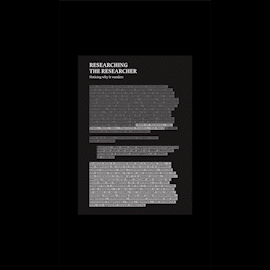The boundary between production and consumption is increasingly dissolving in current technological and cultural conditions. The meaning of producer and consumer is also changing. In what way are we productive when we post a meme or read an article or comment on it? Is scrolling on instagram and sharing our data, therefore generating money, equal to being productive? The shift in the classic user role redefines the understanding of the self, as a working self, as a productive self, as a consuming self. What value do my activities have?
The economic and social pressure to be productive does not seem to be weakening. Instead, the phenomenon of procrastination, the postponement of pending tasks, has been receiving remarkable attention online and offline for several years. Procrastination is not a passive state, nor is it similar to indulgence. Talking and laughing about our procrastination only scratches the surface of a deeper question about working in our time, especially in creative or academic fields.
How do we make the distinction between high-value and low-value products and activities? To what extent do these categories even exist? How does our self-worth correlate with the value we place on the products we consume or produce?
“not reading bookclub” I developed an interest in how scientific theories are used on social media platforms. I observe an active community that engages online with texts and positions from standard works and communicates them in the form of memes. The humorous appropriation of sophisticated theories challenges the sovereignty of classic academic discourse and makes this knowledge available and shareable. Channels like @ripannanicolesmith on instagram and Contrapoints on youtube maintain a decidedly critical stance toward the exclusivity of academic discourse. Other channels like @booksididnt humorously question the necessity of reading original texts at all. This stimulates interesting discussions about the position of science, the role of researchers and the accessibility of scientific texts.
With the @intraactions project I engage with the text On Touching – The Inhumane That Therefore I Am by Karen Barad. I approach the complex text and mediate it through the Instagram account @intraactions. A dialogue is created between found Instagram captions with the hashtag #mirrorselfie and excerpts from Barad’s text. A contact is established between two supposedly distant universes. In both universes, social media and academia, certain cultural codes prevail, manifesting in different vernaculars. With @intraactions I lift the sentences out of their context and create a new environment in which the artifacts appear equal. Motivational quotes, everyday philosophies, etymological investigations and physical theories gather in a chimerical narrative.






